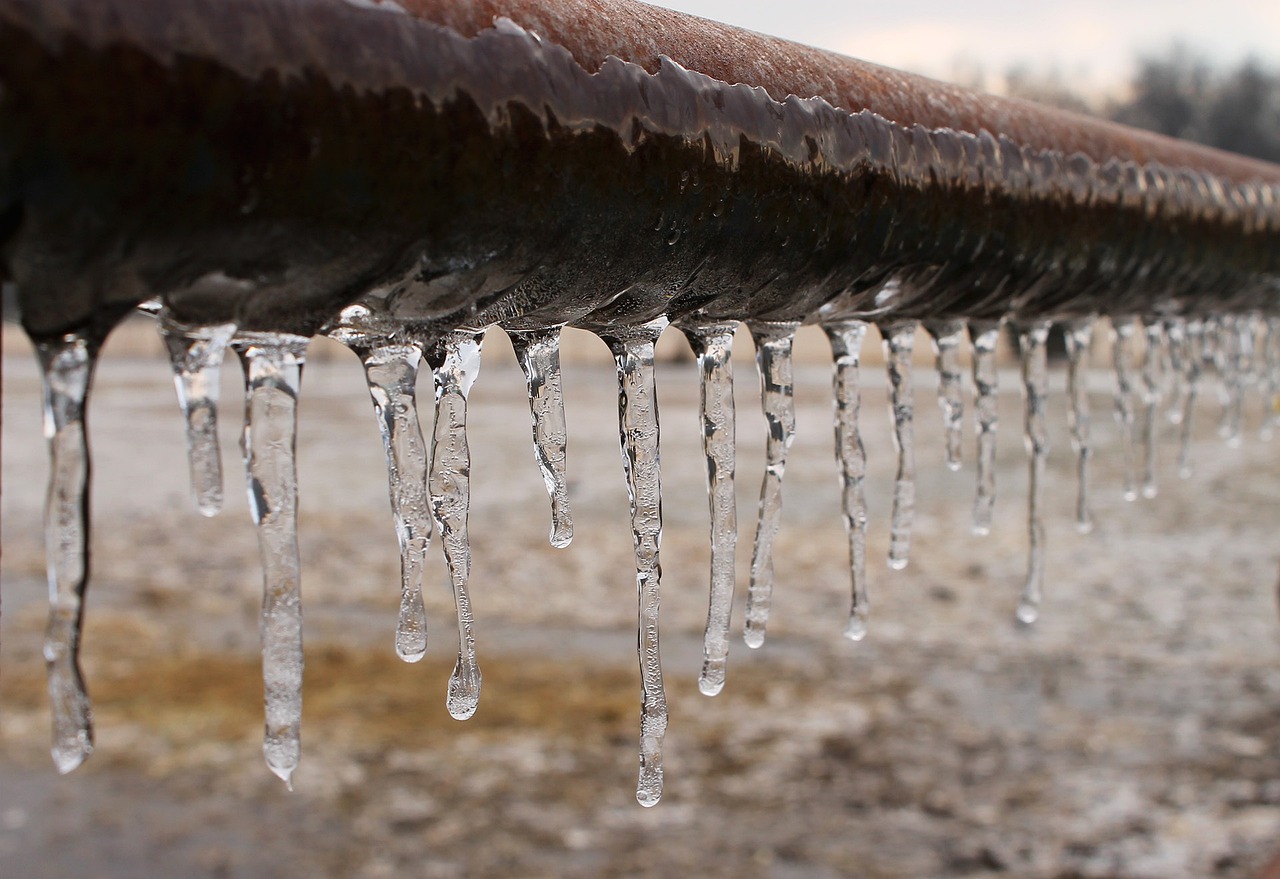While we’ve been lucky to have a relatively mild cold season so far, in New England we know that those temperatures can get cold enough to make even the most well insulated house be at risk of frozen pipes.
But is that actually your problem? While you want to protect your home from frozen pipes, it can be useful to know when your problem is just a clog, and when it’s a more serious problem. Here are some things to know about frozen pipes vs. clogged drains.
Frozen Pipes Can Act Like Clogged Pipes
One of the first signs of frozen pipes is slow drains, making it hard to tell if the pipes are frozen or just clogged. If pipes are fully frozen through, they may stop draining entirely, and if they are in danger of freezing, the cold may harden any residue on the insides of the pipes, and as the frozen material builds up, your pipes will run more slowly.
Cold Weather Can Make Clogged Pipes Worse
Further complicating matters, severe cold can make a minor clog much worse. As the cold increases, the clog may freeze before the water does, but that means that a flexible clog that was letting water through with some disturbance may form a solid obstruction in the pipe, making your pipes run much more slowly.
… And Clogged Pipes Can Be More Likely To Freeze
You guessed it! If the water is draining from pipes more slowly, that means it spends more time in contact with the cold outer pipes. This means that the water gets colder, faster, and your pipes will have a higher chance of freezing completely.
Checking for Frozen Pipes
It’s important for you to know your “danger zones” for frozen pipes. Just because your kitchen sink is fine doesn’t mean that your bathtub drain isn’t an area to be concerned about. The most important areas to check are your basement and any exterior walls with plumbing. On a cold day, take some time to go through your house and check all the plumbing that you can see/touch. An instant thermometer can be a better guide than your hand, as metal pipes will feel much colder than PVC.
Make sure to check inside sink cabinets, as well; especially in older homes, built-in cabinetry can have less insulation than other areas, and if it is closed away in a cabinet, the temperature can plummet quickly.
Preventing Clogs Before Hard Freeze
Avoiding clogs is always important, but we all know that they can be easy to ignore until they create a serious problem. And remember, drain cleaner may not solve the issue! If you have a sluggish drain that you’ve been ignoring, make sure to have someone clear the drain before the really cold weather sets in! If you noticed any worrisome cold spots near your pipes, your plumber can help you prevent any more serious issues when the serious cold sets in.
Need a visit? Contact us today to schedule someone to come take care of your drains!


